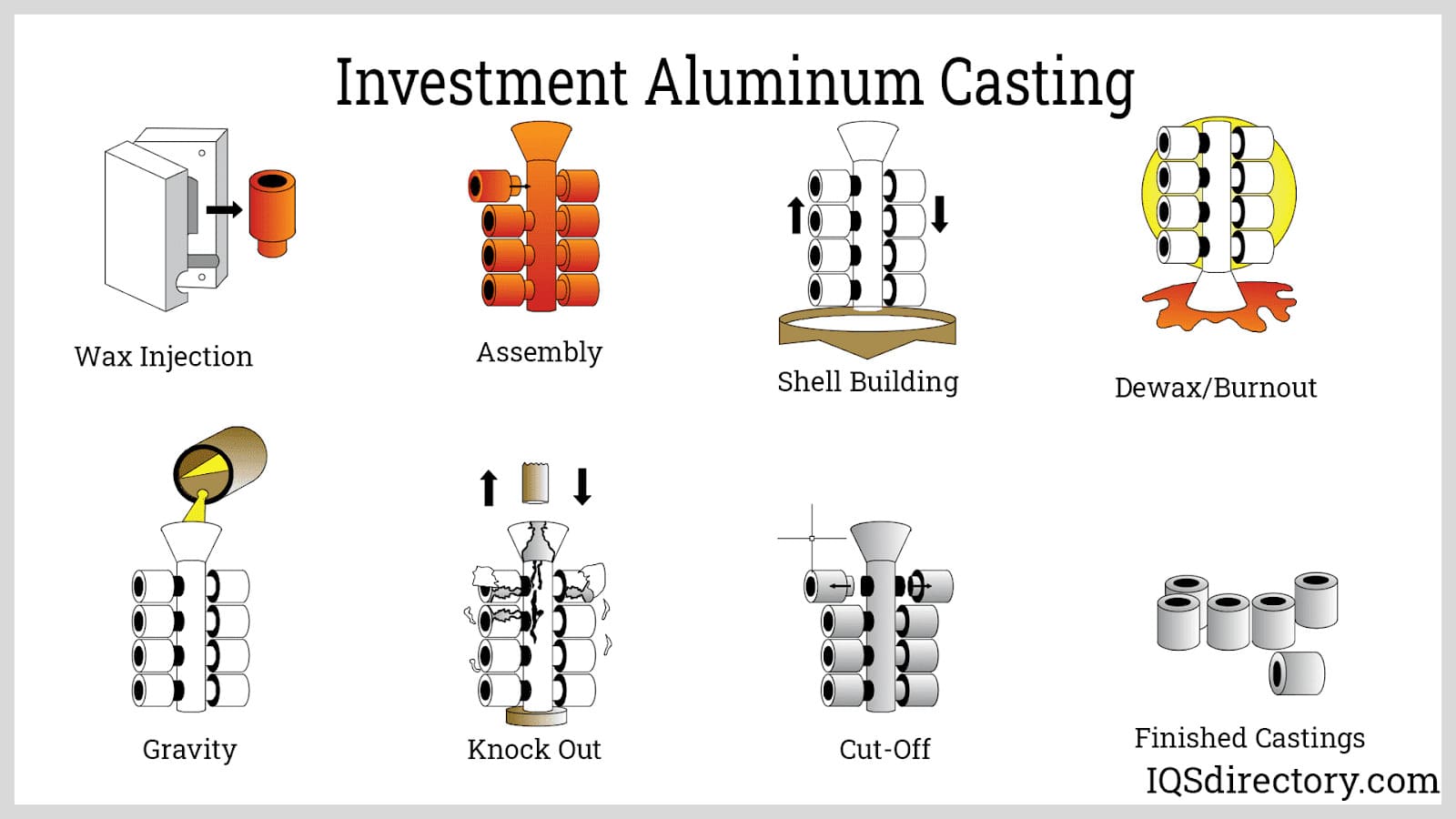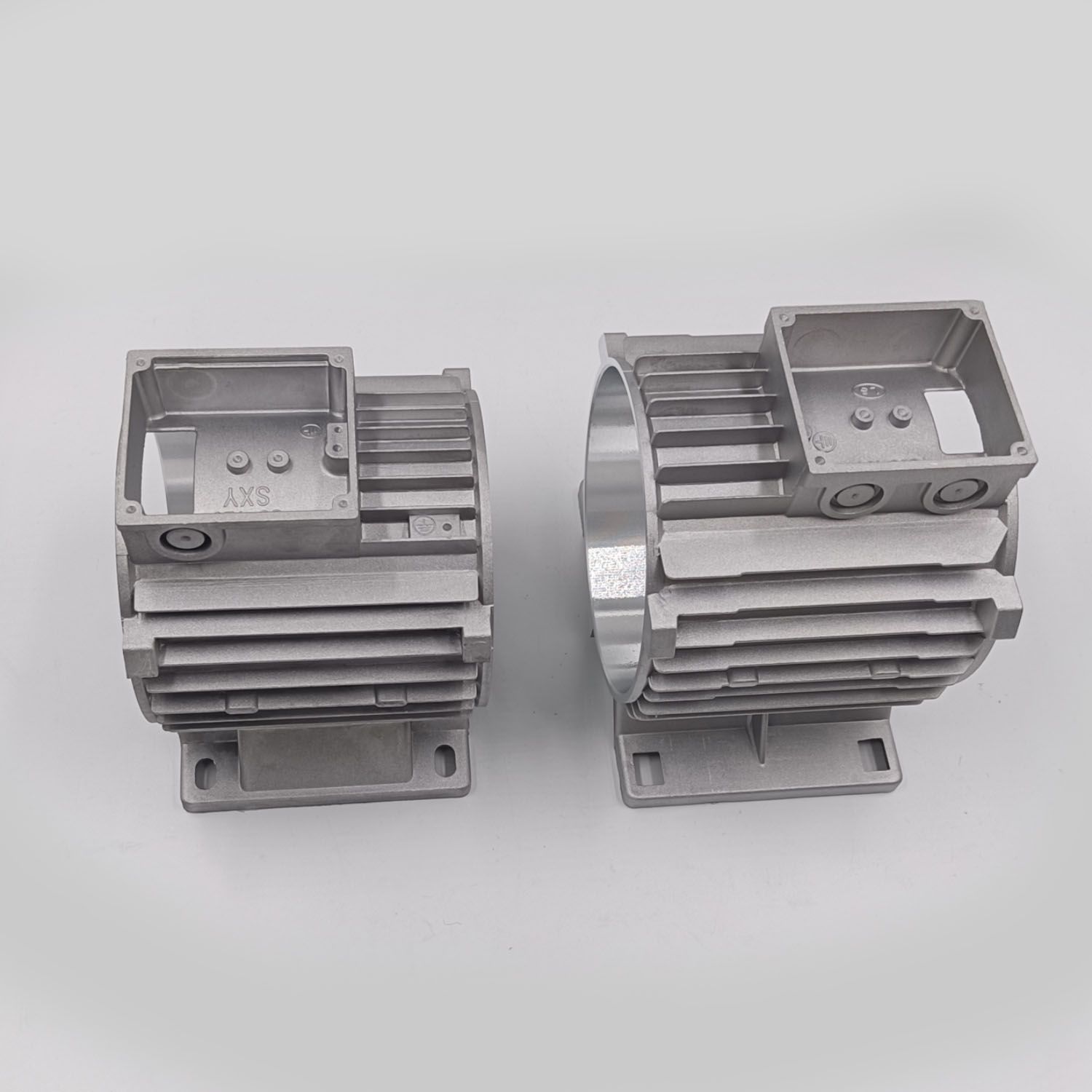Stahl Specialty Company Can Be Fun For Anyone
Stahl Specialty Company Can Be Fun For Anyone
Blog Article
Fascination About Stahl Specialty Company
Table of ContentsThe Best Guide To Stahl Specialty CompanyThe 6-Minute Rule for Stahl Specialty CompanyThe Main Principles Of Stahl Specialty Company The 7-Minute Rule for Stahl Specialty CompanyThe Buzz on Stahl Specialty Company
The subtle difference depends on the chemical web content. Chemical Contrast of Cast Light weight aluminum Alloys Silicon advertises castability by minimizing the alloy's melting temperature and enhancing fluidness throughout spreading. It plays a crucial duty in permitting detailed molds to be loaded accurately. Additionally, silicon adds to the alloy's stamina and use resistance, making it important in applications where longevity is vital, such as vehicle parts and engine components.It likewise boosts the machinability of the alloy, making it less complicated to refine into completed products. In this means, iron adds to the total workability of light weight aluminum alloys.
Manganese adds to the toughness of aluminum alloys and boosts workability. Magnesium is a lightweight component that offers strength and effect resistance to aluminum alloys.
It allows the manufacturing of lightweight components with exceptional mechanical residential or commercial properties. Zinc improves the castability of light weight aluminum alloys and aids manage the solidification process throughout spreading. It enhances the alloy's toughness and firmness. It is commonly located in applications where complex forms and great details are needed, such as decorative castings and certain auto parts.
A Biased View of Stahl Specialty Company
Due to the fact that aluminum-silicon alloys have great casting properties, high gas properties, basic processes, and outstanding rust resistance, aluminum-silicon alloys are most commonly made use of in the die-casting industry in your home and abroad. At the exact same time, aluminum-silicon alloys are likewise reasonably early and commonly recognized alloys developed and utilized in die-casting. After continuous study and improvement, many of the existing international mainstream aluminum-silicon alloys have been finalized and are absolutely nothing even more than A356, A360, A380, ADC12, B390, and A413.
The key thermal conductivity, tensile toughness, yield stamina, and prolongation differ. Select suitable raw products according to the efficiency of the target item produced. Among the above alloys, A356 has the highest possible thermal conductivity, and A380 and ADC12 have the lowest. The tensile restriction is the opposite. A360 has the very best return toughness and the highest prolongation price.

What Does Stahl Specialty Company Do?
In precision casting, 6063 is appropriate for applications where elaborate geometries and top quality surface area finishes are vital. Examples include telecommunication rooms, where the alloy's superior formability permits smooth and cosmetically pleasing designs while preserving structural integrity. In the Lights Solutions market, precision-cast 6063 elements develop classy and efficient illumination components that require complex forms and excellent thermal performance.
(https://www.goodreads.com/user/show/184520701-frances-howard)
It leads to a finer surface coating and better deterioration resistance in A360. In addition, the A360 displays remarkable elongation, making it ideal for complex and thin-walled elements. In precision casting applications, A360 is appropriate for sectors such as Consumer Electronics, Telecommunication, and Power Tools. Foundry. Its improved fluidness enables elaborate, high-precision components like mobile phone coverings and interaction device real estates.

In accuracy casting, light weight aluminum 413 shines in the Consumer Electronics and Power Devices markets. It's frequently utilized to important source craft detailed elements like mobile phone real estates, electronic camera bodies, and power device coverings. Its accuracy is exceptional, with tight tolerances up to 0.01 mm, making sure perfect product assembly. This alloy's premium deterioration resistance makes it an outstanding selection for outside applications, making sure durable, resilient items in the pointed out sectors.
The 8-Minute Rule for Stahl Specialty Company
Once you have actually chosen that the aluminum die casting procedure is appropriate for your project, a vital next action is choosing one of the most ideal alloy. The aluminum alloy you choose will substantially influence both the casting process and the buildings of the end product. Due to this, you have to make your choice meticulously and take an educated strategy.
Figuring out the most suitable light weight aluminum alloy for your application will indicate evaluating a wide selection of attributes. These comparative alloy features adhere to the North American Pass Away Casting Organization's guidelines, and we've separated them into 2 categories. Casting Foundry. The first classification addresses alloy characteristics that influence the manufacturing procedure. The 2nd covers qualities influencing the homes of the last product.
The alloy you choose for die casting directly impacts numerous aspects of the casting process, like exactly how very easy the alloy is to function with and if it is vulnerable to casting defects. Hot splitting, additionally called solidification cracking, is a common die casting flaw for light weight aluminum alloys that can cause inner or surface-level rips or splits.
Things about Stahl Specialty Company
Certain light weight aluminum alloys are extra at risk to warm breaking than others, and your selection should consider this. An additional usual flaw discovered in the die casting of light weight aluminum is die soldering, which is when the cast adheres to the die wall surfaces and makes ejection tough. It can damage both the actors and the die, so you must search for alloys with high anti-soldering homes.
Rust resistance, which is already a remarkable quality of aluminum, can vary considerably from alloy to alloy and is a crucial characteristic to consider depending upon the ecological conditions your item will be subjected to. Wear resistance is one more residential or commercial property generally sought in light weight aluminum products and can separate some alloys.
Report this page